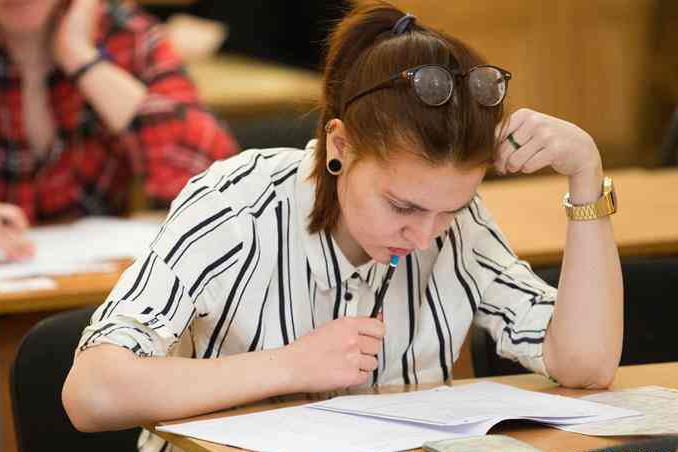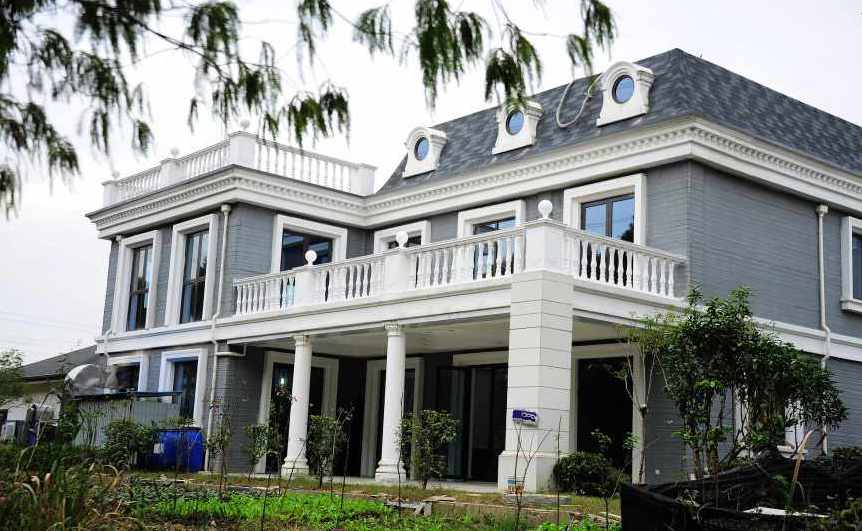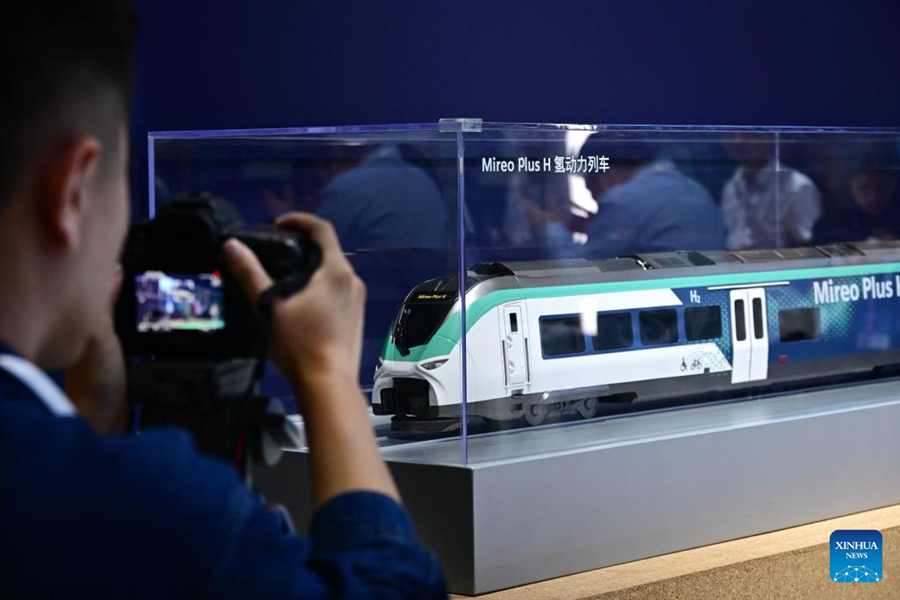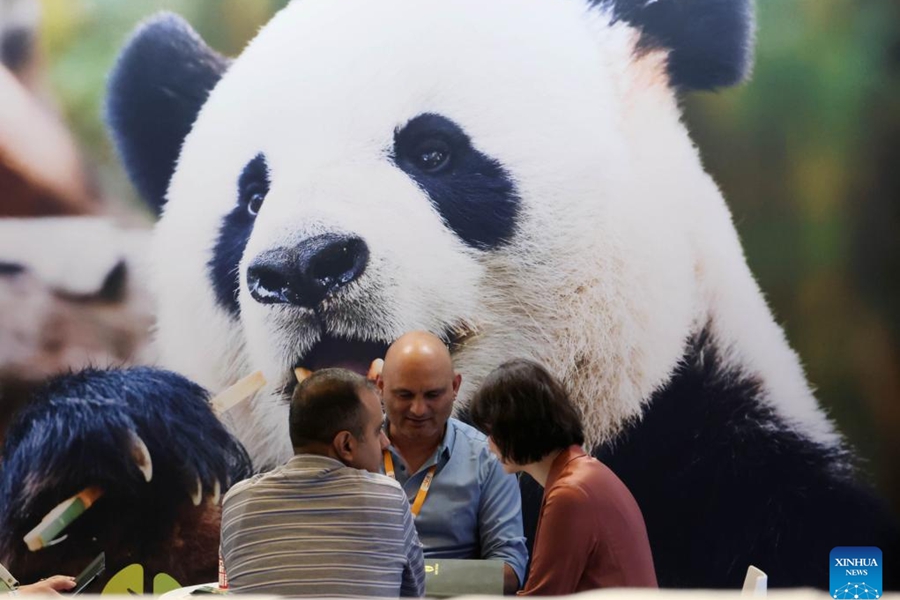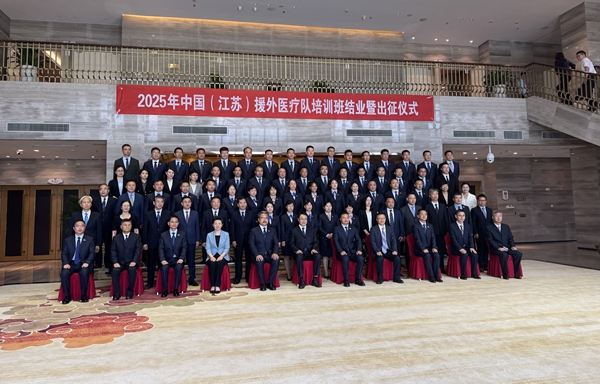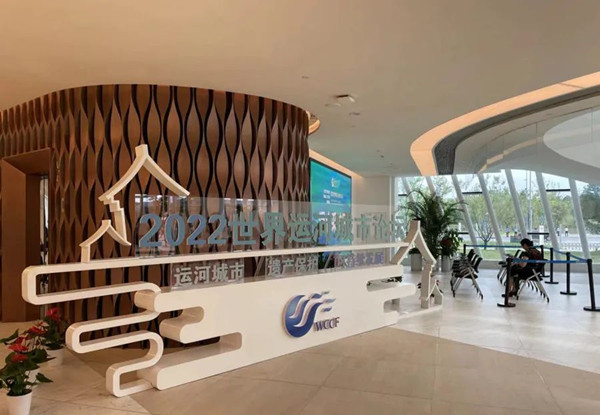
Participants in the 2022 World Canal Cities Forum, which opened in Yangzhou, East China's Jiangsu Province on June 27, discussed the heritage protection and sustainable development of canal cities and also exchanged ideas on cooperation.
In a video message, the chairman of the Board of Directors of the Panama Canal Authority said that he expected exchanges with other canal and strait managers to provide useful experience for the development of the Panama Canal, which connects two oceans.
The forum saw the release of a report on Yangzhou’s efforts to promote sustainable development in 2021 in line with the 2030 UN Sustainable Development Goals. Beate Trankmann, the Resident Representative in China for the United Nations Development Programme (UNDP), said Yangzhou has provided a good reference for other canal cities in pursuing sustainable development.
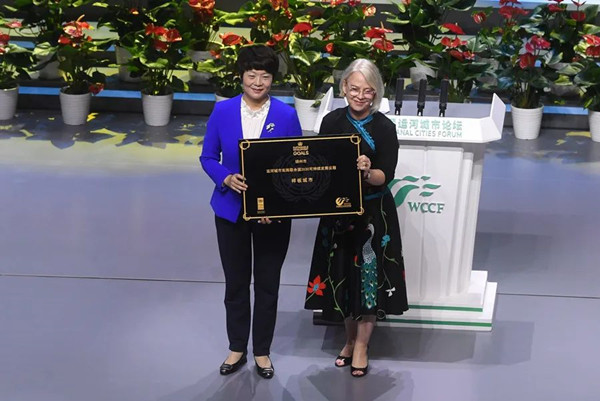
Zhang Baojuan, chairwoman of the World Historic and Cultural Canal Cities Cooperation Organization (WCCO) and also secretary of the CPC Yangzhou Committee, said the city will join hands with canal cities at home and abroad to promote the protection of heritage and advance the sustainable development of canal cities.
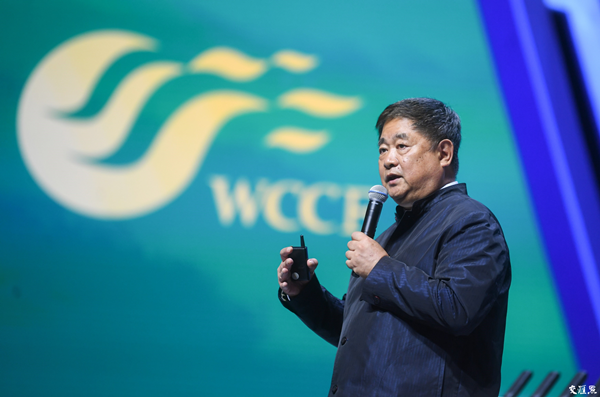
In a keynote speech, Shan Jixiang, head of the Chinese Society of Cultural Relics and former curator of the Palace Museum, called for efforts to bring to life the cultural heritage and embrace new ideas. He said the heritage of the Grand Canal consists of both natural landscape and people’s living traditions. Taking the Yangzhou Sanwan development as an example, Shan said conservation used to concentrate on physical relics but now the more comprehensive approach also protects the water-town charm and historic blocks that have a deep bond with residents.
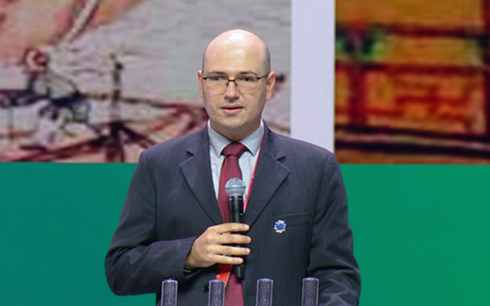
Raphael, a foreign editor of the Foreign Languages Press, said boats sailing through the Grand Canal not only transport cargo but also deliver the message that cooperation and diversity lie at the heart of human lives. Stressing the ancient waterway has connected Chinese people in many regions, facilitated their exchanges and boosted prosperity, he said the canal’s protection and development today should become a role model for international cooperation. In a video speech, WCCO honorary chairman Carlos Gutierrez, former U.S. Secretary of Commerce, hailed China’s efforts in preserving its historical heritage and promoting exchanges around the world.
Some member cities of the WCCO also introduced local practices. Paul Depla, mayor of Breda in the Netherlands, said via a video link that the city protects its water resource mainly through renovating old channels and developing a new water-centered urban area.
Ding Digang, vice mayor of Hangzhou in Zhejiang Province, introduced the city’s comprehensive efforts to optimize the ecological environment on both sides of the canal and also explore the historical and cultural values in innovative development. The city aims to make the Hangzhou section a centerpiece of the proposed Grand Canal National Cultural Park and a top destination to embrace the cultural heritage.
Chen Yang, executive vice-chairman of the WCCO and chairman of the CPPCC Yangzhou Municipal Committee, said the city has given top priority to the canal’s protection first and then piloted innovative practices to bring back the flourishing culture that once made the city famous.
Chen also said Yangzhou has stressed the preservation of the canal’s integrity and authenticity and actively promoted urban renewal while maintaining the original characteristics. In addition, the historic block is now home to nearly 100 workshops specialized in intangible cultural heritage items.
Contact us at english@jschina.com.cn





